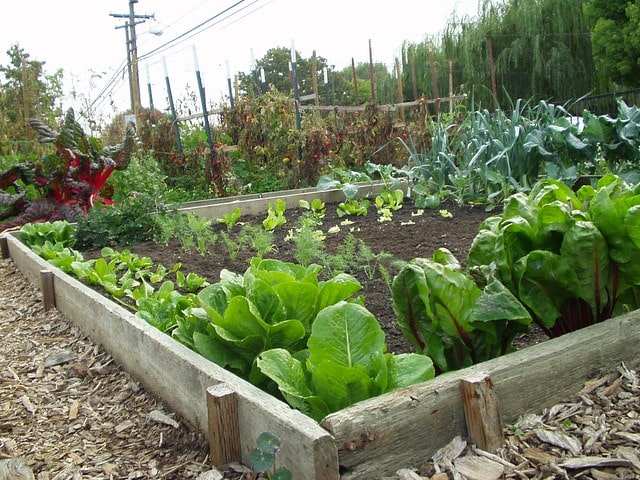
How to Get Neighbors Involved in Community Gardens

Starting a garden in your community that is open to all is an excellent way to increase community engagement and overall mood of those living nearby. Everyone can pick up some new gardening skills and save money by not having to purchase as much fresh produce from the grocery store.
Below are a handful of ways you can get those in your community involved in your new garden.
Hold a Community Meeting
It’s important to get everyone on the same page before you begin breaking ground on your new garden. Here are a couple of questions to ask everyone at the outset:
- How much time are people willing to put into starting and maintaining the garden?
- What kind of produce does everyone want to grow?
- Does anyone already have gardening experience?
- Would someone want to be the official “gardener?” This person would ultimately be in charge.
- Where should the garden be?
Coming up with answers to these questions will be helpful before moving forward. Instead of planting things haphazardly, have a plan in place, and create a list of people who have committed to helping regularly.
Decide on a Budget
Another thing to do at your community meeting is to determine where the funds to start your garden are coming from. Ask people if they are willing to contribute to buying necessary supplies. If not, see the next point below.
People’s time can be just as valuable as financial contributions. Even the busiest people might be able to spare an hour or two on weekends to reap the health benefits of gardening and enjoy getting to know others in the neighborhood.
Ask Neighbors If They Can Donate Supplies
If you don’t have a decent-sized budget to purchase supplies, seeds, etc., ask your neighbors if they can bring tools from home to use when working in the garden. You can even ask if they would be willing to donate supplies permanently to the garden for others to use.
Find the Space to Plant the Garden
Another item to add to your checklist for your startup meeting is to determine how much land you need. How big do you want your garden to be? Think about how many plants you will be growing and how much space each crop will take up, and use that to plan accordingly.
This is the perfect time to get a team of people involved. Ask people in the neighborhood where an ideal spot would be. Together, you can finalize a list of sites and begin contacting the owners to discuss the possibility of starting your community garden.
When you’re reaching out, use your neighbors’ support to argue the community benefit will be well worth the use of this land. You can even start a collection to pay a small lease on the owner’s site, strengthening your case for securing the plot.
Post Flyers Around the Neighborhood
One of the best ways to spread the word about your plans to start a garden is to make brightly colored signs or posters and place them in eye-catching spots. To create even more excitement and buzz around the project, list the different varieties of produce you plan to grow.
It can also help to list the positive benefits of a community garden in a simple format. Your neighbors should love the chance to work on something that touts environmental, health and social outcomes for their families to enjoy. When your outreach attempts focus on the results and not the hard work, it’s easier to get others on board.
Knock on Doors
If you have a more introverted personality, starting a door-to-door awareness campaign might take some courage, but it would be an excellent way to meet new people and tell them about your plans in person.
Part of the draw of a community garden is to form better social connections within your neighborhood, after all. Take a deep breath and let your face-to-face pitch start the process off on the right foot.
Get Children Involved — but Plan Accordingly
The parents in your community would probably love it if you invited the neighborhood kids to get involved with the garden. However, before doing so, you should be aware of potential issues. Depending on the age of the children, it may be tough to get them focused. Unsupervised children may even engage in unwanted behavior, such as digging in areas they are not supposed to. If you are aware of this, you can work with your neighbors to set appropriate guidelines and rules.
Starting Your Community Garden
Starting a community garden can be a significant endeavor, but it can also be both fun and rewarding. Begin by holding a meeting with your neighbors to see who will be helping you at the outset, then try using the points above to get others involved.
A community garden can help boost moods in your area, support sustainable food production, and provide a welcome opportunity for neighbors to socialize. It’s a win-win for everyone.



Post a comment